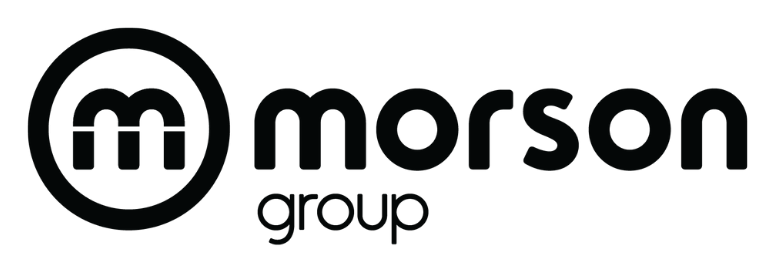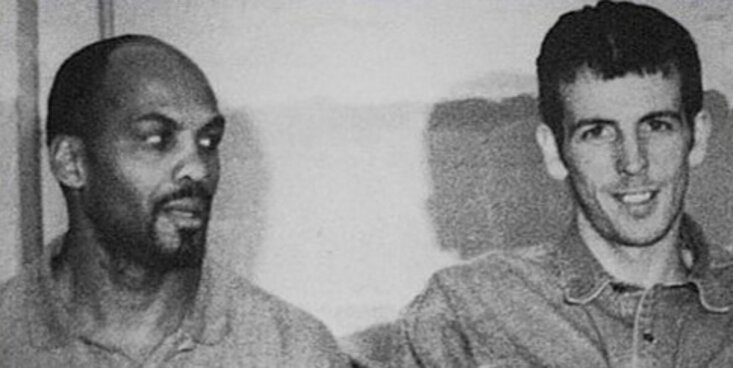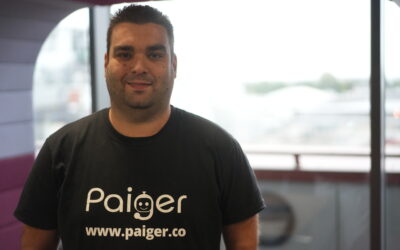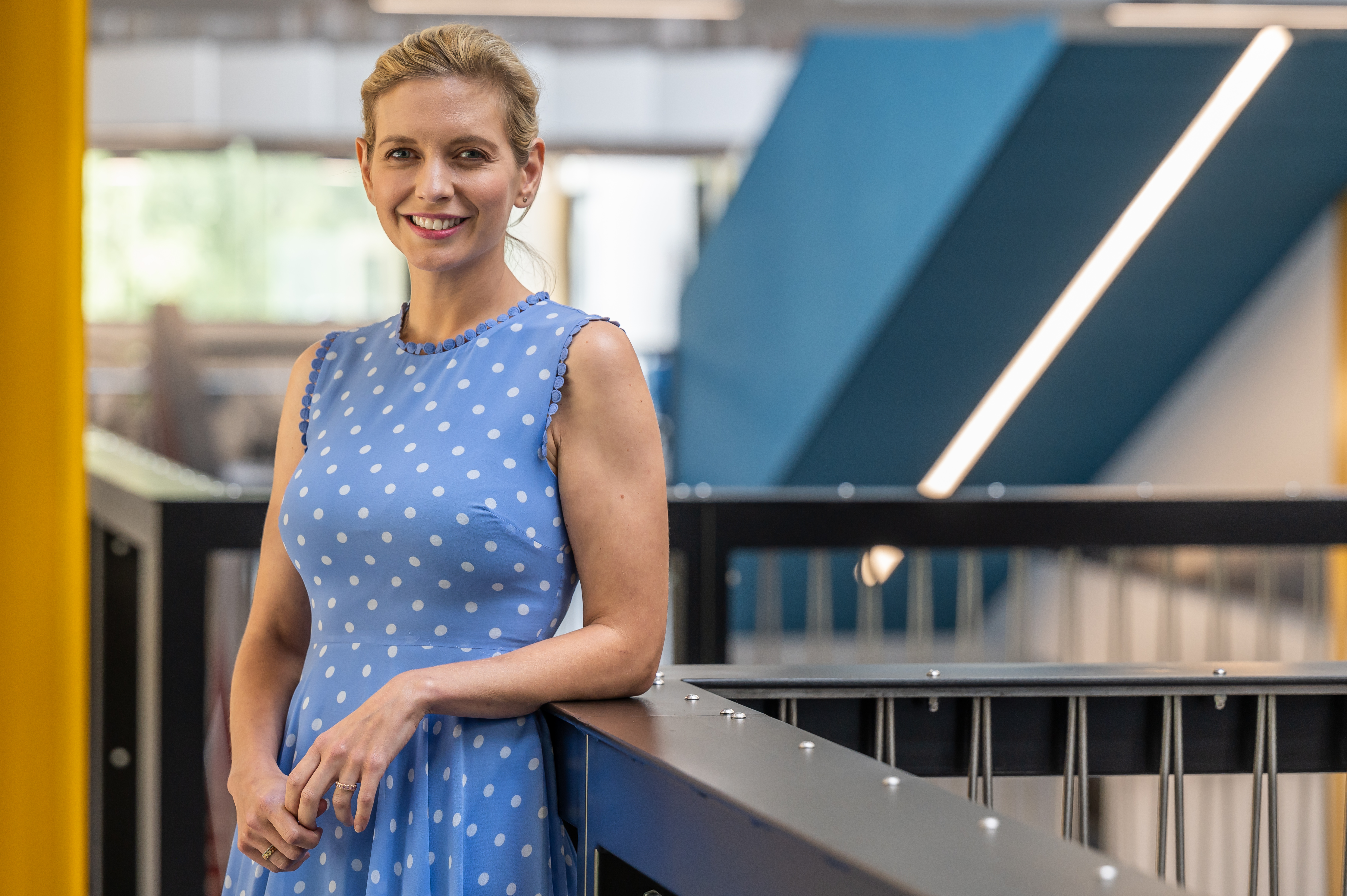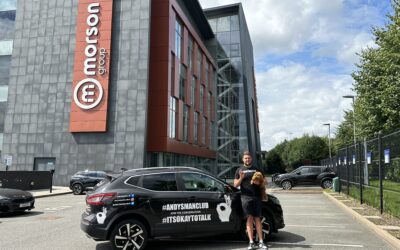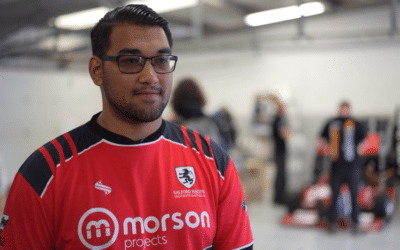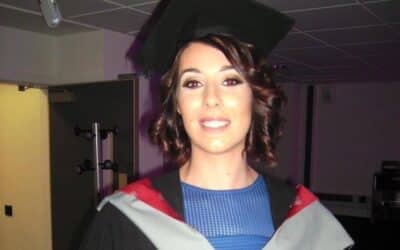Boxing trainer Joe Gallagher is an instantly recognisable face in the corner of the ring. A veteran of some 60 amateur fights himself, the young prospect turned his attention to training in the early 1990s, and has since gone on to become incredibly successful, training the likes of the Smith Brothers, Anthony Crolla, Scott Quigg, Natasha Jonas and more to world title successes, many while benefitting from sponsorship from Morson along their journeys.
With Joe’s current stable of fighters now moving back from Bolton to where it all began for Joe, Phil Martin’s Champs Camp in Moss Side, Manchester, we caught up with Joe to reflect on his career journey. He talks openly to PathFinders about his parents’ influence on him, the years of struggling to balance his amateur training with his day job and the strain that it put on him, the golden years of his stable and much more.
What was your earliest memory of boxing?
I think like everyone’s when they were growing up then in that era was watching Muhammad Ali, with my dad. He was huge boxing fan. And Ali because he was so popular, world heavyweight champion and everything, as a child just sat there watching. Then all the other fighters like John Conteh from the UK at the time, he was world champion.
At the time I must have been around eight or nine. I was going mixed martial arts and karate. And then I got to around age ten I was, I was third grade, you know, the brown one more before you go into a black belt and which was in the playground. And someone mentioned that there’d been a boxing gym opening up but wasn’t sure for them. So I told my dad I’d go to the boxing gym.
So I went down and the person whose gym it was that was open was Jimmy Egan. So that’s more known now as Jimmy Egan’s Boxing Gym and wasn’t sure, but then it was known it was in short form and I went there and I stuck with it and I said, the rest is history.
Is it fair to say that your dad and Jimmy Egan were the two biggest influences and biggest role models in your life growing up?
And mum. Yeah, she no, she worked very hard and it wasn’t much money in the house. My dad was always working hard out on the roads and was holding down two or three jobs down at the time. I was the oldest of five and four sisters.
I did want to turn professional at one point, as every fighter does. But my dad was worried that there was no money in it. So, he said, you’re going to come out on the road to me and that’s it going to need to get a proper job. You’re only going to make money if you’re like Muhammad Ali, the equivalent of that generation. So those were the type of conversations or just for right, okay, then. And that was that’s why I didn’t turn professional, and I went into coaching then.
